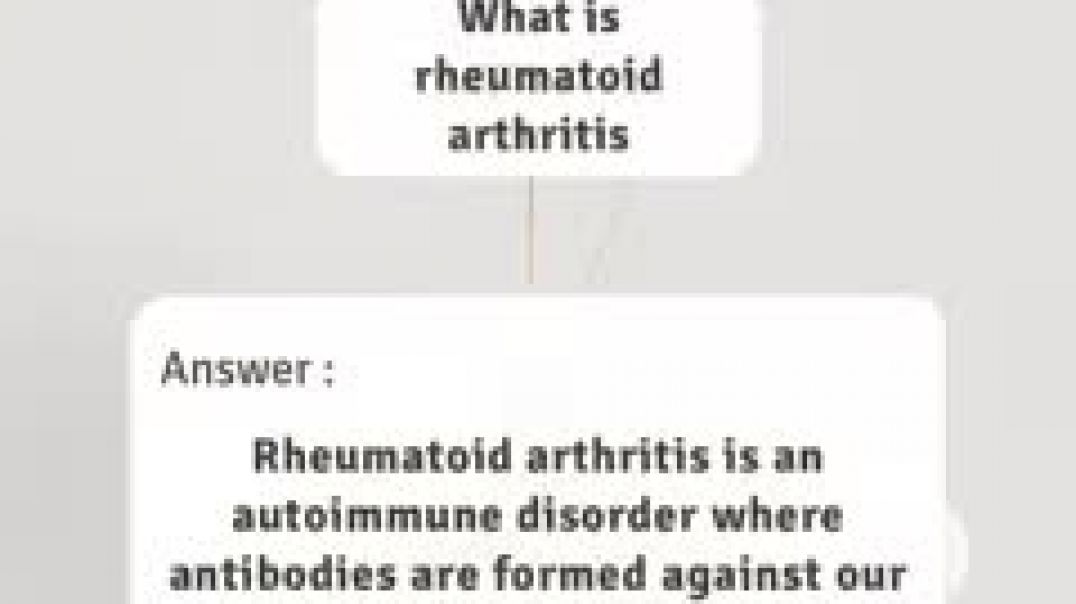Novel Anti-Viral Targeted Drug for Nasopharyngeal Cancer Treatment
EBV is a ubiquitous human herpes virus, which spreads through saliva. Infection is very common and most people get EBV when they are young, but they will not experience any symptoms until they are older.
The EBV causes both infectious mononucleosis (sometimes called ‘mono’ or ‘kissing disease’) and
lymphoproliferative diseases. The oncogenic development of other cancers (e.g. nasopharyngeal carcinoma and a subgroup of EBV-positive gastric cancer) is also associated with the latent infection of EBV virus. Some reported that 200,000 cancer cases per year are attributable to EBV.
Literature reveals that EBNA1 is broadly distributed in the nucleus of EBV-infected cells. The process of EBNA1 tethering to host cell chromosomes is critical to efficient replication of EBV-derived plasmids. The development of responsive target-specific bio-probes for in vitro microscopic studies of EBNA1 at the nucleus is still rare. However, our invention can effectively target the dimerization interface of EBNA1, a critical process for the growth of EBVs and the associated tumours. It also provides a method for treating and imaging EBV-associated cancers.
For more details, please visit,
HKBU Knowledge Transfer Office → https://kto.hkbu.edu.hk/eng/
HKBU R&D Licensing Limited → https://hkburdl.com/en/
HKBU Faculty of Science → http://www.sci.hkbu.edu.hk/eng
HKBU Department of Chemistry → https://chem.hkbu.edu.hk/
-
Category

















![Actinic Keratosis Treatment and Cancer Potential - Eyelid, Face, and Neck [Dermatology Course 32/60]](https://i.ytimg.com/vi/ffcHWDpKZqQ/maxresdefault.jpg)




No comments found